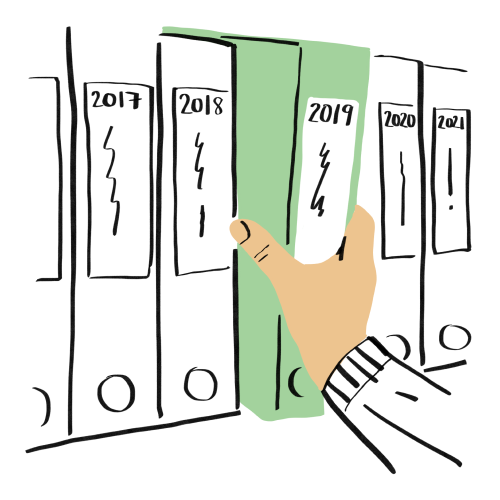
Most commonly used Iowa lease agreements
The most commonly used Iowa lease agreement is the standard residential lease agreement. This agreement covers the rental of residential real estate and includes essential clauses to protect the rights and interests of both landlords and potential tenants.

How to write an Iowa lease agreement
Writing an Iowa lease agreement is a straightforward process with our online template:
- Start by including the basic information of the landlord (lessor) and prospective tenant (lessee).
- Specify the property details and explain if you work with a property manager.
- Clearly state the month’s rent amount, rent due date, and payment method.
- Include clauses regarding common areas, maintenance responsibilities, and any restrictions or rules.
- Make sure to address important aspects like security deposits, late fees, pet policies, and termination conditions.
- Finally, ensure the renter and landlord sign the lease agreement.
Which disclosures belong in an Iowa lease agreement?
An Iowa lease agreement should include certain disclosures to ensure compliance with state laws and federal laws.

Lead-based paint disclosure
If the property was built before 1978, landlords must provide information about any known lead-based paint hazards.

Radon gas disclosure
Iowa code requires landlords to disclose the presence of radon gas in rental properties.

Smoke detector and carbon monoxide alarm disclosure
Landlords must disclose the presence and proper functioning of smoke detectors and carbon monoxide alarms in the rental unit.
What you need to know about Iowa lease agreement deposits
Based on Iowa law, landlords can charge a max of two month’s rent as a security deposit.
It must be returned within 30 days after the tenant moves out, with an itemized list of deductions.
The deposit can be used to cover nonpayment, damage to the property, and other expenses noted in the agreement.

Frequently asked questions
Early termination may be possible, but it depends on the terms of your lease agreement. Review the agreement or consult with your landlord to understand the options available to you.
In most cases, landlords can only raise the rent when the lease term ends. However, specific provisions regarding rent increases should be outlined in the lease agreement.
Iowa law does not require landlords to pay interest on security deposits.
Although it’s obviously a landlord’s property, generally, landlords must provide reasonable notice before entering a rental property. Iowa law states they must provide at least 24 hours’ notice, except for during emergencies.
Breaking the terms of a fixed-term lease agreement may result in penalties, legal consequences, or eviction. You should observe the term of the lease and obligations outlined in your rental contract.
Looking for other Iowa documents?
Formswift is not a law firm and does not provide legal advice or representation. Formswift's documents are not a substitute for the advice of an attorney. Communications between you and Formswift are governed by the Formswift Privacy Policy but are not protected by the attorney-client privilege or as work product. Formswift does not provide advice, opinions, or recommendations about individual's legal rights, options, strategies, or the selection of forms. Your use of the Formswift website and forms is governed by the Formswift Terms of Service.
